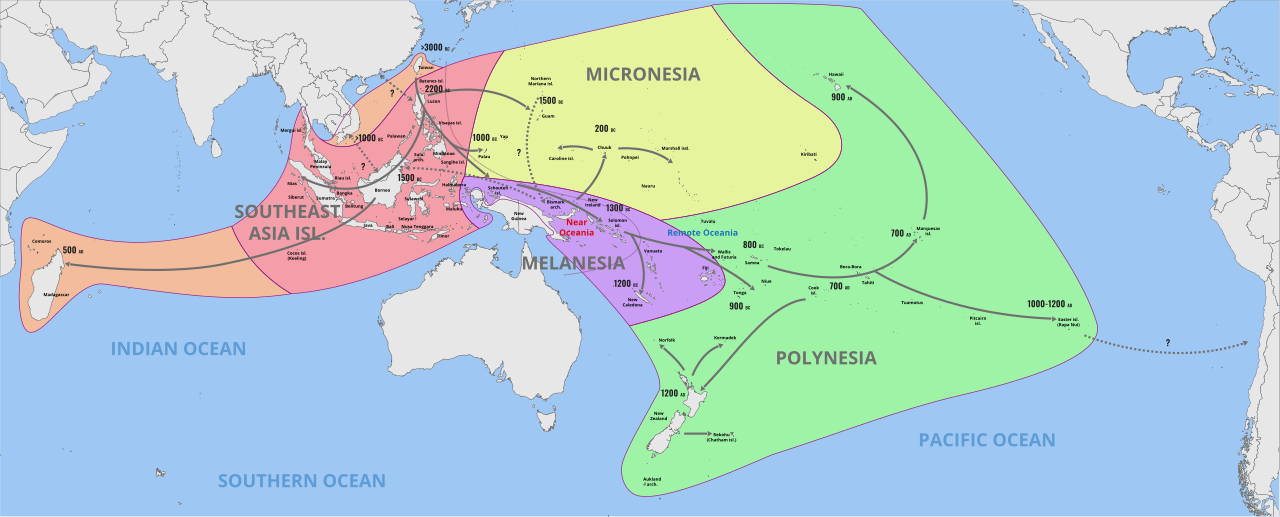
A guide to exploring the Philippines

Advice for Foreign Visitors to the Philippines: Understanding Context
I’m planning to create a guide for foreigners visiting the Philippines, and I believe it’s the perfect time to start. Let’s begin with our first piece of advice: Context is king!
If you’re a foreigner in the Philippines, remember that context is key. What you hear, read, or see might have a specific cultural or historical background, and it’s essential to pause and understand it before forming conclusions. As a visitor, it’s likely that some cultural nuances might escape you, so don’t hesitate to ask for clarification.

The YOOki Chronicles is Yohan Yukiya Sese-Cuneta’s return into casual and personal blogging. The name “YOOki” is a mash-up of the acronym of YourOnly.One and my nickname ᜌᜓᜃᜒ (Yuki・雪矢).
Interestingly, according to Chinese legend,
.1柳
(YOO) is an ancient Chinese surname. The ancestors of the surname were closely linked with the ancient sage-king named Yu Shun. In Korea, the 유
(YU) lineage traces to the Xia, Han, and Joseon dynasties. Holders of the surname Yu or Yoo had a reputation for charity and diligence
It is also the word for “willow” or the “willow tree” which means graceful or slender; and a tree growing near a body of water which provide continuous nourishment and resources for everyone. It can also mean to exist, an oil (anointment(?)), and simply as “U” (you).
The Hanzi 紀
(ki) character means to record, be disciplined, provide order. While the Hangeul equivalent, 키
(ki), means energy, spirit, a banner, and a period of time; and is also a suffix used to make a gerund or an infinitive.
